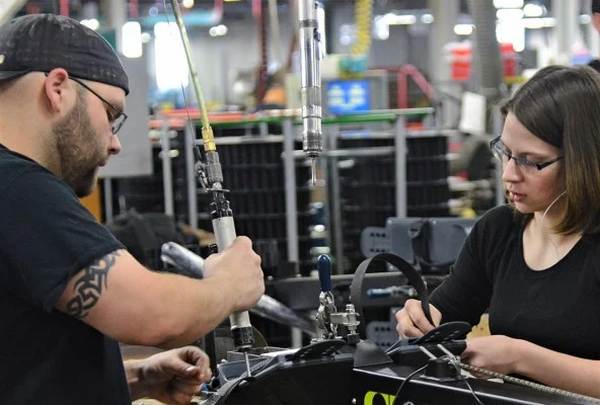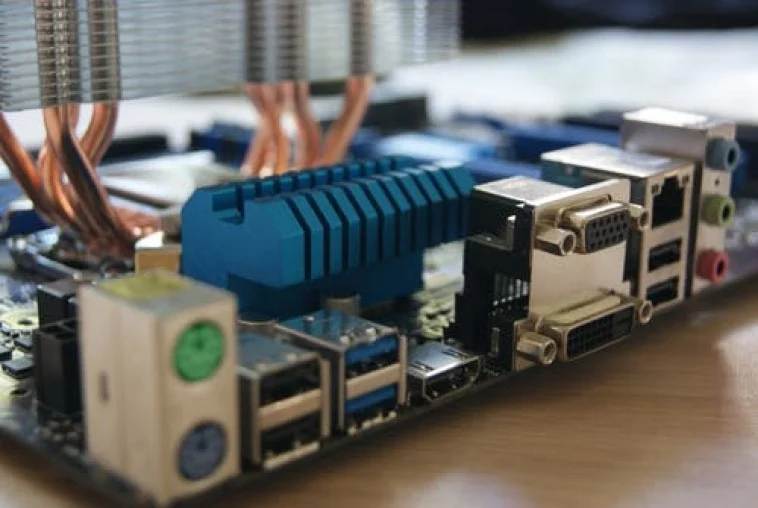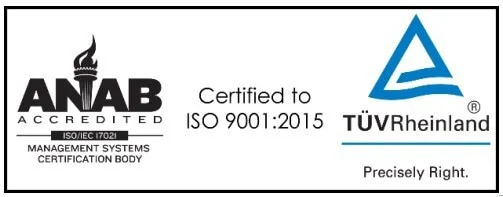
Choosing to partner with a trusted contract manufacturer can provide a wide range of benefits for an organization such as cost savings, scaled-up production, bolstered quality control, risk mitigation, and more efficient management of resources. Contract manufacturers allow companies to focus on growing their business without allocating time and resources to logistics and other day-to-day aspects of manufacturing.
The best contract manufacturers play a role beyond a supply chain vendor. They are brand advocates and treat your products as if they were their own. They are thorough in their operations and diligent about quality and capital. The right contract manufacturer can also provide insight and guidance to optimize the organization’s product design for manufacturing, end-user satisfaction, and keep assembly projects on track.
Choosing the right contract manufacturer might seem challenging but the following steps will equip you with the knowledge and direction to start the search and find the contract manufacturer that is the best fit for your product.
Lay the Groundwork
Before beginning, it is essential companies have a solid understanding of their business goals and product specifications. Having a grasp on the basics before starting the initial search will simplify the process, help you add the right contract manufacturers to your list, and prepare you for the first conversation with them.
Know your product. In order to identify the right contract manufacturer that best suits a specific assembly project, it is imperative that businesses clearly communicate the necessary information about the product being manufactured. Understand your product’s defining characteristics in order to identify contract manufacturers that specialize in your product type so you can be confident they have the capability and expertise to meet expectations.
Make sure to have the following product information finalized. Keep in mind that every project is unique, and will most likely require further details than just the below lists depending on project needs.
For established manufacturers:
- Current PDF drawings (with redline revisions, if applicable)
- Sample product, prototype or component materials
- Anything unusual such as specific certifications needed, potential safety risks, extended lead-times, expedited delivery dates, anticipated delays, etc.
For start-ups, entrepreneurs, or new product developers:
- Prototype(s) or product sample(s)
- Specified and sourced components
- Budget for assembly
Know your budget. In order to engage in contract manufacturing services, businesses should have a clear understanding of their budget. Businesses that are familiar with their budget limitations can quickly find the right contact manufacturer that best fits their financial parameters.
The following information will help define the budget.
- Budget for assembly (can vary greatly, typically15-30% of retail depending on the nature and complexity of the product)
- Expected volume for initial build
- Expected ongoing volume(s)
- Estimated material cost per unit
Know your schedule. Businesses should have a tentative timeline to communicate expectations to potential contract manufacturers.
To set your timeline, you need to know:
- Expected start date for initial build
- Expected completion/delivery of initial build
- Projected schedule(s) (monthly, annually, steady, seasonal, etc.)
Know your values. Finding the right contract manufacturer is like adding a vital employee or department to your business. Aim to find a contract manufacturer that shares similar core values to your own.
The following information will help you gauge compatibility.
- Comprehension of your organization’s company culture
- Clearly articulated internal core values and beliefs
- Camaraderie with contract manufacturer personnel
What to Discuss with Prospective Contract Manufacturers
Develop a short list of contract manufacturers that meet your initial criteria. Once you know who you would like to reach out to, it’s time to make first contact.
In early conversations with potential contract manufacturers, communicate the four essentials above – your product, budget, timeline expectations, and core values. Assuming they align with your expectations, ask more detailed questions about the contract manufacturer’s processes and what they offer.
The following 6 questions will help ensure you’re asking the right questions during that first meeting with a prospective contract manufacturer.
1. Capabilities
When researching the right contract manufacturer for your organization, compile a list of all their capabilities. This summary will provide a window into what the contract manufacturer can offer now and for future projects.
Relevant questions to ask regarding contract manufacturer capabilities include:
- What capabilities does the contract manufacturer have in terms of logistics and fulfillment?
- Does your contract manufacturer have the flexibility to quickly adapt to changing customer demands? (adjust production volume, expedite delivery etc.)
- Does the contract manufacturer provide additional comprehensive industry knowledge and guidance?
2. Equipment
The right contract manufacturing partner will be able to utilize the appropriate technology and equipment for an organization’s specific manufacturing project. This means either possessing the tools themselves, the ability to procure the necessary equipment for the job, or the ability to free-lease equipment from you. The right contract manufacturers will have a variety of the latest technologies and specialized equipment for prospective clients.
Relevant questions to ask regarding contract manufacturer equipment include:
- What are their current assets and equipment? Keep in mind that many contract manufactures are willing and able to source the equipment needed to complete your project, even if they don’t have it to start with.
- Have equipment maintenance and calibration schedules been met and documented?
- If new equipment is needed, who is responsible for paying for it? How long will it take to be installed and for personnel to be trained?

3. Experience
Businesses should seek out contract manufacturers that have experience, or specialize in making products similar to yours. One of the greatest benefits contract manufacturers offer is their ability to determine the best manufacturing options by tapping into comprehensive industry knowledge. Likewise, businesses should consider choosing the right contract manufacturing partner based on specialty application or technology that streamlines the assembly process.
Relevant questions to ask regarding contract manufacturer experience include:
- Is the contract manufacturer experienced in your industry? If so, for how many years?
- Does the contract manufacturer have the required certifications and registrations in place to manufacture products for your intended market?
- Is the contract manufacturer a subject matter expert in your given industry? Are they able to provide industry insights?
4. Capacity
When choosing the right contract manufacturer for an organization’s assembly project, it is essential to understand what the vendor is capable of handling. The right contract manufacturer is capable of quickly providing additional production and storage space without requiring you to invest in time and money in building construction, or buying or leasing additional space. Contract manufacturers solve the problem of capacity by providing additional production space so organizations can spend more resources on growth.
Relevant questions to ask regarding contract manufacturer capacity include:
- If you’re a small client, will your project’s needs be adequately addressed?
- If you’re a large client, does the contract manufacturer have the workforce, space, equipment and process management systems in place to handle your specific workload?
- Does the contract manufacturer have the capacity to store materials on site?
5. Personnel
Remember, people are the backbone of manufacturing. When you choose the right contract manufacturer, you’re really making an investment into a skilled and robust workforce. With the expertise of the contract manufacturing personnel, customers can forgo worrying about the technical, process, or logistical aspects of their manufacturing project, which eliminates time spent attracting, hiring, and training new employees.
Relevant questions to ask regarding contract manufacturer personnel include:
- Is the contract manufacturer personnel easy to communicate with?
- How skilled are the managers and operations personnel?
- Do key personnel have the engineering expertise to meet my project requirements?
- Will there be a dedicated and qualified point of contact handling our project?
6. Quality Standards
Quality standards and regulatory compliance are important factors when deciding the right contract manufacturer. Regulations vary from country to country, so if an organization’s value chain involves multiple countries, it will be essential to find a partner accustomed to meeting international compliance standards.
In addition, healthcare, food, drug and industrial industries often require products to have a specific accreditation from the manufacturing facility. Some examples of common accreditation include the ISO 9001 for quality management and the International Traffic in Arms Regulations (ITAR) which is needed in the defense, military and firearms industries.
Relevant questions to ask regarding contract manufacturer quality standards include:
- Does the manufacturer have the accreditation you need?
- Does the contract manufacturer pledge a defect-free guarantee?
- Do they adhere to lean manufacturing or other process disciplines that ensure smooth and efficient production?
- Are they following health and safety codes?
- Is the contract manufacturer ISO certified?
- What is the business’s track record with on-time delivery?
- Does the business have a structured Environmental Health and Safety (EHS) Program?

Plan for the Future with Your Contract Manufacturer
After discussing the answers to these questions, you should have a good idea if a contract manufacturer is a good fit for your organization right now, but what about in the future?
A company may want to consider goals and growth plans in the near and far future, and how a chosen contract manufacturer can or can’t support these. A trusted contract manufacturer is capable of mitigating foreseeable disruptions, before they become a costly problem.
Whether being a newly founded startup or established business, the right contract manufacturer is out there ready to take on your unique project. It helps to have the right questions to ask. The good news? The “right” contract manufacturer will have many questions for you, to help guide you in a direction that will benefit the advancement of your process or product.
No matter which contract manufacturer you choose for your business, doing your research before you sign a contract will save you time, energy, and money as you begin your new partnership with a qualified and trusted contract manufacturer.




